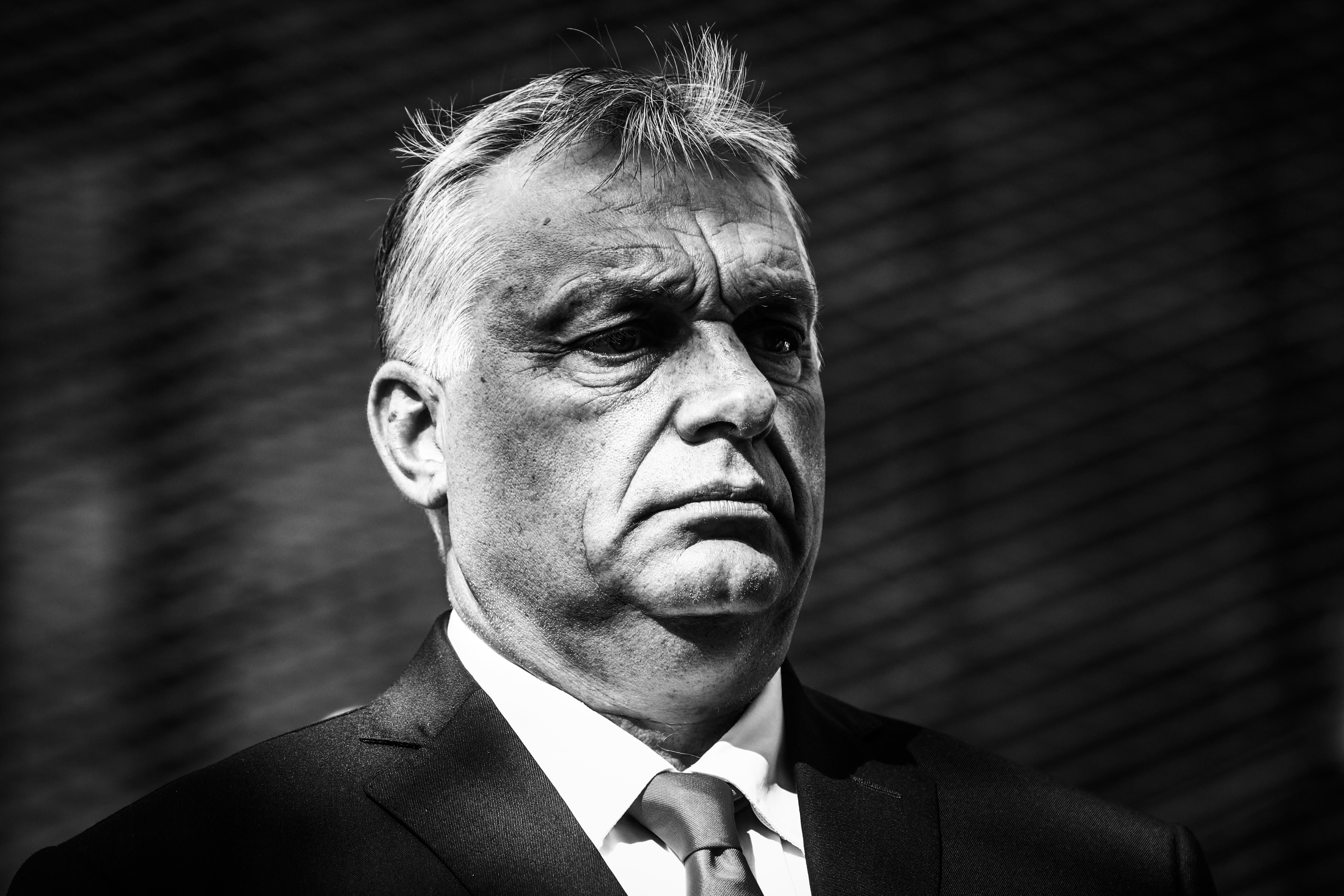March 31, 2022
On Sunday, Hungary’s nearly eight million voters will elect 199 members of the country’s National Assembly, which is now dominated by the Fidesz Party and polarizing Prime Minister Viktor Orban.
Europeans will watch closely to see if the EU’s longest-serving head of government and no. 1 gadfly can win a fourth consecutive term. Vladimir Putin will watch to see if his most-trusted ally inside the EU can survive his toughest challenge to date.
Orban’s biggest worry is that six opposition parties, which agree on little beyond a common desire to push Orban out of power, have settled on a single candidate to replace him: Peter Marki-Zay, a 49-year-old mayor from a small city in the southeast.
The backdrop for this vote is an economy that’s in bad shape. Inflation is climbing, the currency is unstable, and the EU is withholding billions of euros in COVID relief funds in response to Orban’s violations of EU rules. Brussels says Orban’s government has compromised the independence of courts and the media and refused to respect LGBTQ rights. Orban’s defense of conservative Christian social values and his government’s assault on European standards of governance have defined his years in power.
Orban and his Fidesz Party have important election advantages. He has blown out the government’s budget by increasing pensions and public-sector wages in recent months and offered tax rebates for families. In addition, “the Fidesz government’s overwhelming access to funds, control of most media, and willingness to use loopholes in election laws help account for its lead in recent polls,” says Mujtaba Rahman, a Europe expert at Eurasia Group. Fidesz also stands accused of redrawing Hungary’s electoral map in ways that ensure the opposition must win by three or four percentage points to ensure a parliamentary majority.
“Orban’s deft political handling of the war in neighboring Ukraine has also helped his party,” adds Rahman. Voters who fear Vladimir Putin appreciate that Orban has supported EU sanctions against Russia and welcomed a substantial number of Ukrainian refugees, some of them ethnic Hungarians. But he has also declared his country “neutral” in the fight, refused to send weapons to Ukraine, or to allow others to send weapons there via Hungary. And given his country’s deep dependence on discounted Russian energy, he has rejected talk of any European boycott.
Yet, despite all this, latest polls suggest his party’s election lead remains narrow. In part, that’s because his rivals have put aside their many differences to back Peter Marki-Zay, the self-described conservative Catholic, corruption-fighting mayor of the small city of Hódmezővásárhely. His social values appeal to those socially conservative voters who are tired of Orban-related dramas. His unmistakably pro-EU stance speaks to those who don’t like Orban’s open admiration for Putin. “Orban is betraying Europe, Orban is betraying NATO, Orban is betraying the United States,” Marki-Zay has said.
A Fidesz loss of its parliamentary majority would bring change. Marki-Zay would end the confrontations with the EU over court-packing, media independence, and liberal social values, freeing up the billions of euros in COVID relief funds the EU has withheld from Orban’s government, and he would fully back Ukraine and NATO. But in the more likely event that Fidesz can still form a narrow majority, little will change. “Orban would continue his balancing act, seeking to stay in line with EU condemnation of Russia while doing his best to limit damage to his friend in the Kremlin,” says Rahman.
Finally, the election itself could become a new source of controversy. An election observation mission from the Organisation for Security and Co-operation in Europe – just the second time that’s happened for a vote inside the EU – could raise questions about the election’s fairness. That would create a serious political headache at a time when Europe needs to project unity in the face of Russian aggression.More For You
- YouTube
Europe looks increasingly prepared to defend itself without America. Ian Bremmer and Ivo Daalder assess what that means for NATO, Ukraine, and the future of the West.
Most Popular
Think you know what's going on around the world? Here's your chance to prove it.
People in support of former South Korean President Yoon Suk Yeol rally near Seoul Central District Court in Seoul on Feb. 19, 2026. The court sentenced him to life imprisonment the same day for leading an insurrection with his short-lived declaration of martial law in December 2024.
Kyodo
65: The age of former South Korean President Yoon Suk Yeol, who was sentenced to life in prison on Thursday after being found guilty of plotting an insurrection when he declared martial law in 2024.
U.S President Donald Trump, U.S. Vice President JD Vance, and U.S. Secretary of State Marco Rubio pose for a family photo with other representatives participating in the inaugural Board of Peace meeting, at the U.S. Institute of Peace in Washington, D.C., U.S., February 19, 2026.
REUTERS/Kevin Lamarque
Argentina, Armenia, Belarus, Egypt, Indonesia, Jordan, Pakistan, Paraguay, Vietnam – to name only a few.
© 2025 GZERO Media. All Rights Reserved | A Eurasia Group media company.
